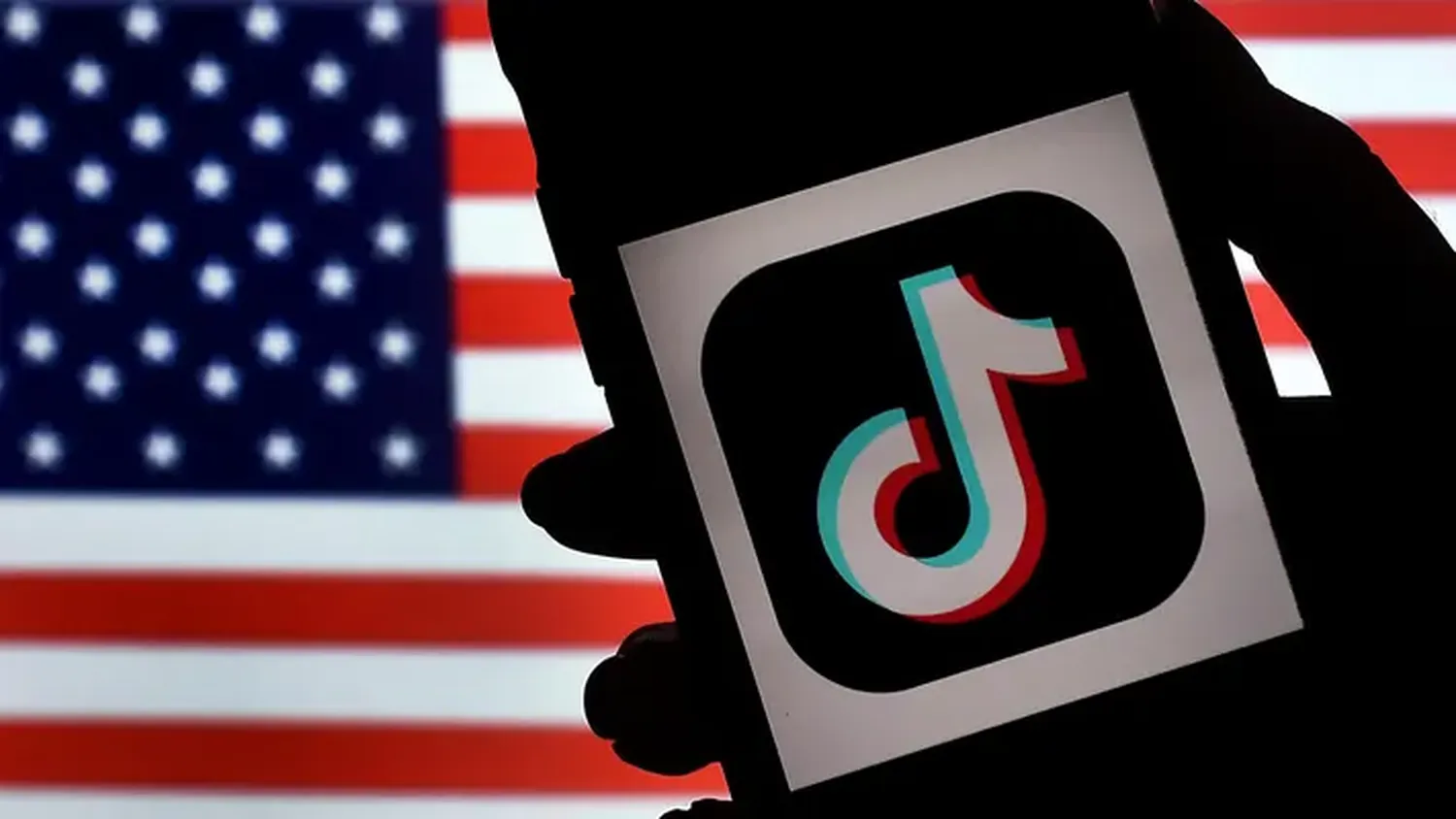Tiktok Ban
House Passes Bill for Potential TikTok Ban, Goes to Senate
The U.S. House of Representatives has passed a bill that could lead to a nationwide ban on TikTok, the popular social media platform owned by the Chinese company ByteDance. This decision is part of a larger package that includes foreign aid measures for Ukraine, Israel, and Taiwan, as well as potential sanctions against Iran. The bill, which now heads to the Senate, has sparked a heated debate over national security, free speech, and the future of digital communication in the U.S.
The bill was approved with a bipartisan vote of 360-58, reflecting widespread concern among lawmakers about the potential risks posed by TikTok, particularly regarding data security and the influence of the Chinese government. The legislation mandates that ByteDance must sell TikTok to a U.S.-approved buyer within a year or face a ban from operating in the country. This move comes amidst broader tensions between the U.S. and China, with TikTok often caught in the geopolitical crossfire.
Implications for National Security and Data Privacy
The push to restrict TikTok's operations in the U.S. is driven by fears that the Chinese government could access sensitive user data collected by the app. Lawmakers argue that this could lead to espionage and manipulation of American users, potentially impacting national security. The bill's proponents point to China's stringent data laws, which require companies like ByteDance to comply with government data requests, as a clear justification for their concerns.
Critics of the bill, however, argue that it infringes on free speech and could set a dangerous precedent for government interference in the digital space. They contend that the measures are disproportionate and could penalize the nearly 170 million American TikTok users who use the platform for entertainment, business, and social interaction.
Economic and Social Impact
The potential ban on TikTok could have significant economic repercussions, particularly for the thousands of U.S. content creators and businesses that rely on the platform for their livelihoods. TikTok has become a vital tool for marketing, brand building, and reaching younger audiences. A ban could disrupt these activities, forcing users and businesses to adapt to alternative platforms, which may not offer the same level of engagement or creative freedom.
Furthermore, the debate extends beyond economic factors to the very fabric of social interaction and media consumption in the U.S. TikTok has been instrumental in shaping cultural trends and giving a voice to diverse communities. Its algorithmic approach to content delivery has democratized content creation, allowing users from various backgrounds to share their stories and talents with a global audience.
Legal and Political Challenges Ahead
As the bill moves to the Senate, its future remains uncertain. While the House has shown strong support for the legislation, the Senate is known for its more deliberative approach. Key senators have expressed the need for a thorough review of the bill to ensure it withstands legal and constitutional scrutiny. The inclusion of the TikTok ban in a broader foreign aid package may also complicate the legislative process, as lawmakers must navigate the intricacies of international relations and domestic policy.
President Joe Biden has indicated his willingness to sign the bill should it pass the Senate. This endorsement from the executive branch underscores the administration's stance on the issue, aligning with broader efforts to address cybersecurity threats and foreign influence in American digital platforms.
Looking Forward
The outcome of this legislative effort will likely have far-reaching implications for the tech industry, U.S.-China relations, and the global internet governance landscape. As policymakers, businesses, and civil society continue to grapple with these issues, the debate over TikTok's future in the U.S. highlights the complex interplay between technology, politics, and human rights in the digital age.
As the Senate prepares to take up the bill, all eyes will be on Washington to see how the U.S. navigates these challenging waters, balancing security concerns with the principles of a free and open internet.

